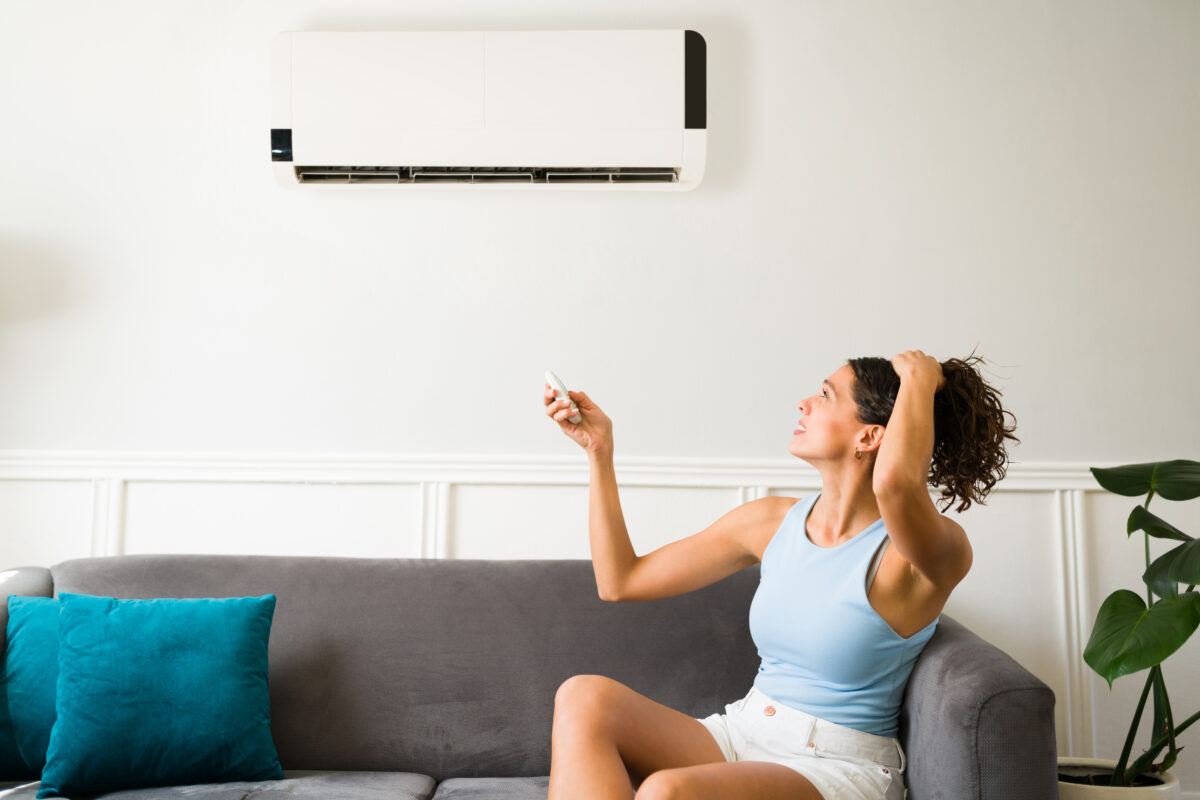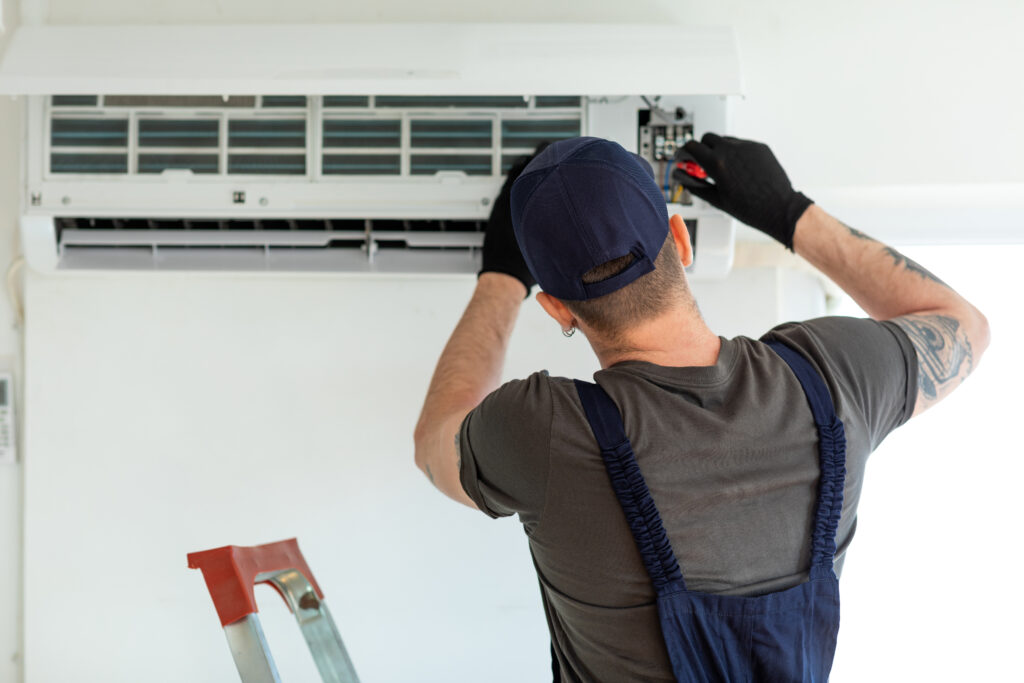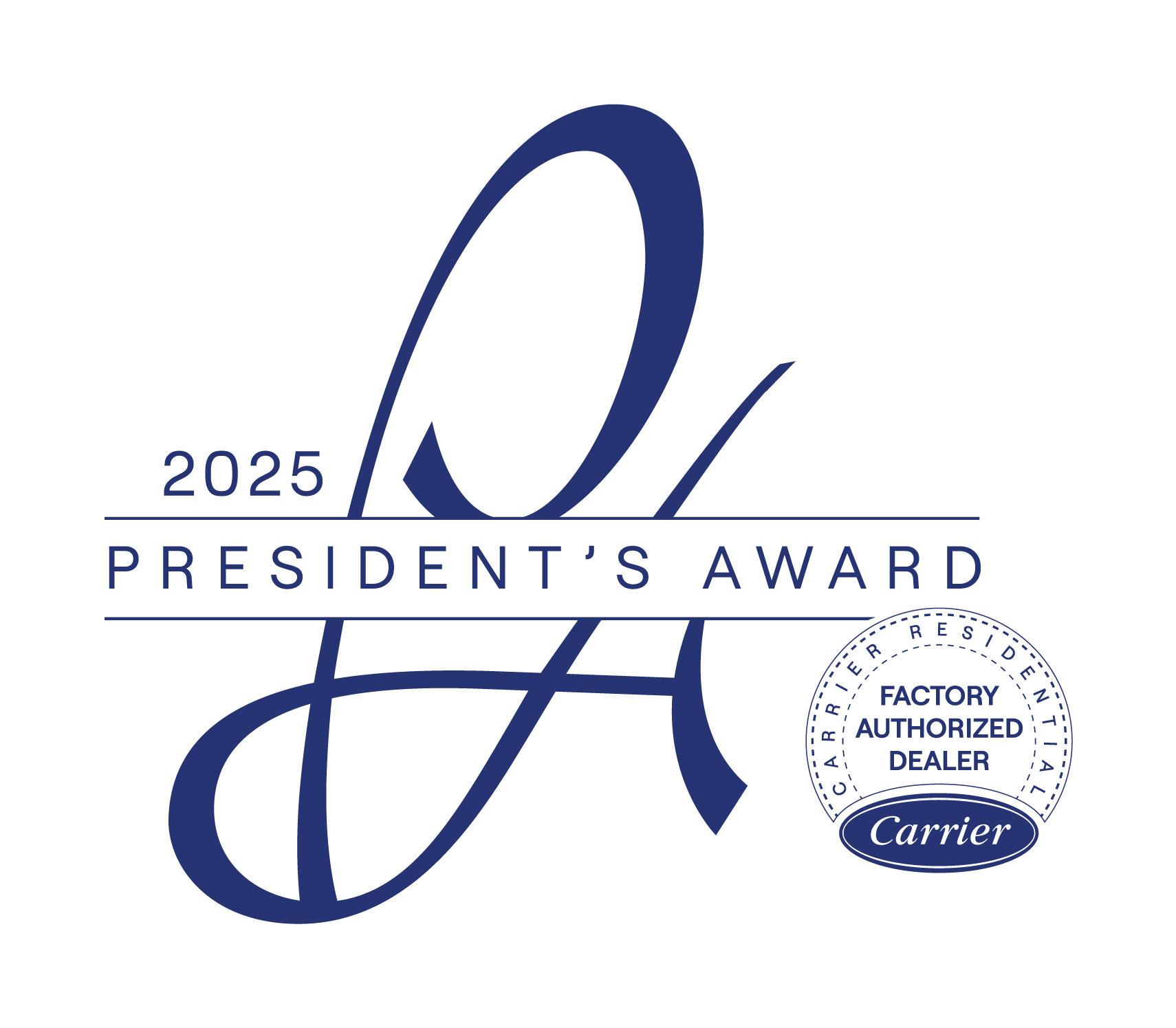Emergency Air Conditioning Service

What to do when your AC Stops Working
Nearly 90% of American homes are cooled with air conditioning, and most of those without are in areas where summer temperatures remain comfortable. In fact, residential AC use accounts for approximately one-fifth of all electricity use in the U.S.
Why is that? Because our homes would be stifling hot in the summer without it. That is why it can become an emergency when the AC malfunctions and ceases to cool the house.
Many AC units exhibit signs of distress before they break down, like an unusual noise, difficulty cooling and weak airflow. Delaying repairs can lead to a complete breakdown, so save your family discomfort and money by addressing the problem before the unit turns off.
When you do have an air conditioning emergency, your family’s health and well-being are at stake, and so is the well-being of the house itself. Hot, humid conditions promote mold and fungus growth and invite critters into the home. It’s important to call a reliable HVAC professional for help.
Holley Heating and Air has been keeping Aiken comfortable since 1909, so we’ve seen our share of emergencies and can react quickly when trouble arises.

What is causing your AC to malfunction? There are five broad categories of issues that may be responsible:
1. Failure to Replace the Air Filter
This is a simple user error and, thus, the easiest to cure. Clogged air filters inhibit airflow, forcing the unit to work harder and age faster. Moreover, your family is breathing in that filthy air. Check your filter regularly and change it when it gets dirty—the generally accepted interval is monthly. A good rule of thumb to remember is, if in doubt, change it out. Filters are a few bucks each at the local hardware store.
2. A Refrigerant Leak
Refrigerant liquid picks up hot air inside your home and cools it, heating up and turning to gas in the process. It is pumped outside to the condenser, where it releases its heat, turns back to liquid and flows back inside to recycle the process. A leak in the system leads to a loss of refrigerant, which reduces its ability to cool. Our reliable technicians can identify the leak, seal it, add refrigerant, test the system and set you back on the course of comfort.
3. A Blocked Condenser
The condenser is the big machine with a fan outside the house that cools off the refrigerant so it can return inside to continue its crucial work cooling the home. The condenser needs an unimpeded flow of air, but often, landscaping or debris surrounds it and prevents a free flow. Rule of thumb: keep a three-foot perimeter around the condenser and five feet above it. Remove plants and trim trees that encroach on that space.
4. Mechanical and Electrical Issues
Several motors, pumps, fans, and electrical elements make your air conditioning system work, and when any one of them ceases to function, the whole operation is stressed. The compressor is the electric pump that circulates the air, so when it stops working, airflow ceases. The condenser coil on the outside of the house transfers heat away from the refrigerant; when it fails, the unit struggles to cool. The capacitor is an electrical device that turns the unit on and off; when it burns out, the AC will either fail to engage or run incessantly.
5. Problems with the Thermostat
Thermostats must be properly installed and calibrated and must be powered by batteries or the home’s electrical system. Check the batteries or the circuit breaker, and if neither of those is the problem, contact a professional.
Of course, the best way to prevent an emergency is to have your HVAC unit checked before summer and winter to ensure everything is working correctly. But if something unexpected happens, our team can help quickly assess, diagnose, and fix the problem.




